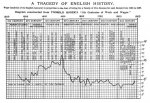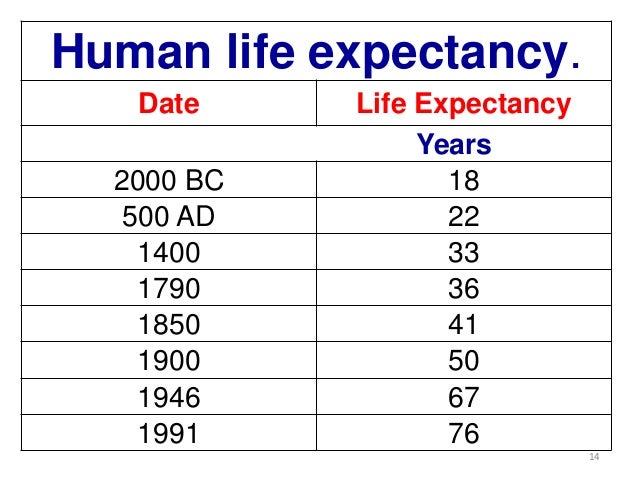- Joined
- Aug 14, 2012
- Messages
- 35,069
- Reaction score
- 26,903
- Gender
- Male
- Political Leaning
- Libertarian - Left
When we think of the Middle Ages we often think of the negatives (and rightly so). Sadistic "interrogation" methods, superstitions, seemingly endless warfare, apocalyptic plagues, oppressive monarchs, etc.
But it wasn't all horrible. Even in the late Middle Ages, a typical English laborer with a family of five was arguably better off financially than the same family in the 21st century. That is because even after paying for food, clothing, and shelter, he still held 2/3 of his income.

Did people of 15th century and first 1/4 sixteenth have a better life than you? | thedepression.org.au
Yes, taxation certainly plays a role in the change. But rising cost of living cannot be 100% attributed to taxes. Until we abandon the dogma of neoclassical economics I believe we are stuck in this tailspin.
But it wasn't all horrible. Even in the late Middle Ages, a typical English laborer with a family of five was arguably better off financially than the same family in the 21st century. That is because even after paying for food, clothing, and shelter, he still held 2/3 of his income.

Did people of 15th century and first 1/4 sixteenth have a better life than you? | thedepression.org.au
Yes, taxation certainly plays a role in the change. But rising cost of living cannot be 100% attributed to taxes. Until we abandon the dogma of neoclassical economics I believe we are stuck in this tailspin.

